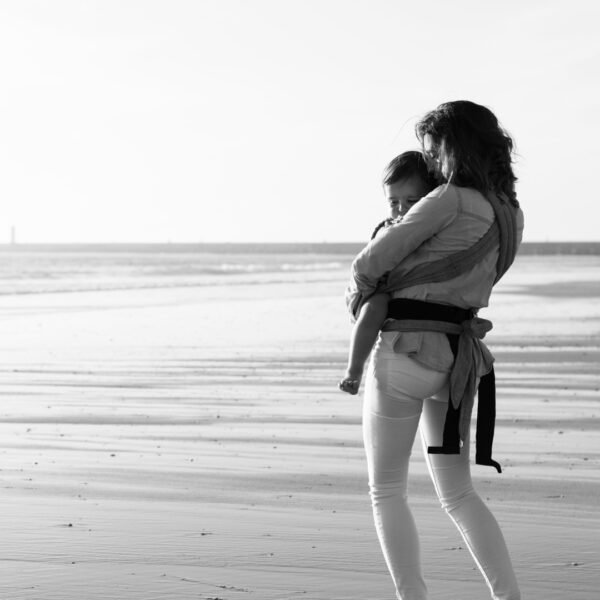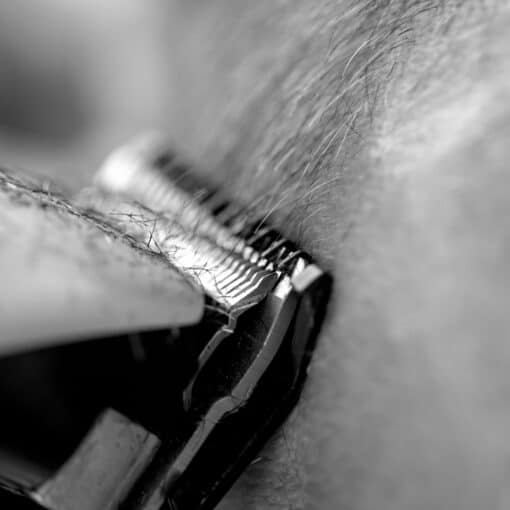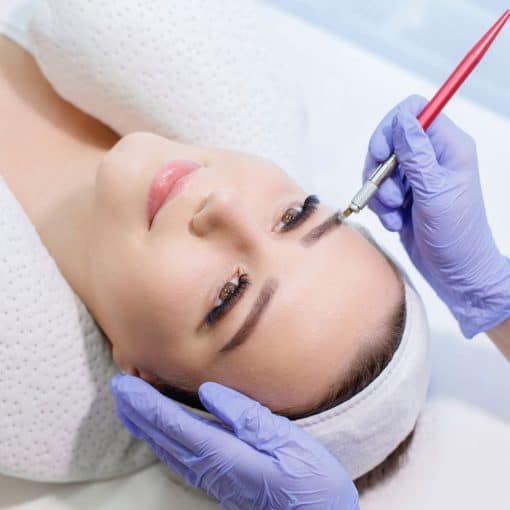
Hair Loss and Motherhood

Blog by Resident Trichologist Elizabeth Smith
After nine months of waiting, your little bundle of joy arrives. There are tears of joy and trepidation. This is unknown territory, whether it is your first or fifth born, with each pregnancy bringing new challenges.
Your body has gone through an amazing transformation to produce this child and will continue to do so over the coming months and even years while raising this beloved gift. You will be aware of many of the changes that are visible to you but what about your hair?
How does pregnancy affect your hair?
Hair can become thicker – yes, you heard that right! Hair grows in a 3-phase cycle: anagen phase, where the hair is actively growing; catagen phase, when the hair is resting; and telogen phase, where the hair is finally shed. This is a continuous cycle and only 20% of the hair is in the telogen phase at any time. But pregnancy can disrupt this cycle. Many women experience a thickening of their hair from around 15 weeks. This is not because the follicle is producing more hair but because the anagen phase is lasting longer and the telogen phase is delayed.
So, you’ll notice when washing or brushing your hair less that less is coming away. This is due to the increase in oestrogen and is why many women have a lion’s mane during their pregnancy and remark on how fantastic their hair is growing and looking.
Hair can, however, also become thinner. Unfortunately, this isn’t true for everyone, and some women will experience hair thinning during this time. This can be attributed to a decrease in oestrogen. There are a number of reasons why this may be happening including stopping the contraceptive pill, experiencing a miscarriage or a hormonal imbalance.
So, after giving birth does it all go back to normal?
Well, for many women hair shedding can become quite severe after giving birth, this is due to the body’s oestrogen levels returning to pre-pregnancy levels and the follicle getting back into sync. This causes the previous telogen hairs that were staying put to fall out. This can go on for 3-4 months after giving birth and the hair is usually back to normal within 12 months.
This hair loss is perfectly normal but if you feel it is going on a little too long, or that the hair loss is excessive it may be time to check in with a Trichologist or GP to ensure that there are no other underlying issues or contributing factors.
What about hair care during pregnancy?
Hair colour and treatments:
There is no definitive research into hair dye and pregnancy but it is believed best practice is to avoid any chemical treatment to your hair during your first trimester, waiting until your third before proceeding.
If you can’t stand the regrowth, look at using temporary colours that will simply sit on the hair until the next wash. The more natural and less chemically-filled, the better of course!
Hair straightening should be avoided as many treatments contain formaldehyde. While there is no evidence these chemicals can cross through the pores on the scalp to the unborn baby they are known to be carcinogenic and should probably be avoided.
Regular trims:
This is always important for maintaining your hair and equally important during pregnancy. A trim removes dead ends, preventing the ends to split and keeps your locks in a manageable style during a time when you may not always feel like tending your hair. Don’t forget your body is working hard to create this baby so you may feel really tired at times.
You may find your hair type changes, becoming oily when once it was dry or vice versa.
Keep an eye on what shampoos and conditioners you are using and evaluate if they are still doing a great job.
Treat yourself to a head massage, this can stimulate the follicle to support hair growth and alleviate any tension you may be feeling preventing headaches.
A weekly hair mask will also keep your hair in tip-top condition.
Eat well:
When you are pregnant I’m sure you are taking extremely good care to maintain a healthy balanced diet which is great for baby and hair alike. Including nuts, fish and eggs is a great way to nourish the follicle to support hair growth.
If you are deficient in any nutrients your hair will let you know as the body will feed the baby first and hair last.
So, let’s end on a high, for most women, their hair is in great shape during this time so enjoy your crowning glory because when the baby comes you will be preoccupied with your new addition!
Take care, relax and enjoy!
Elizabeth x



